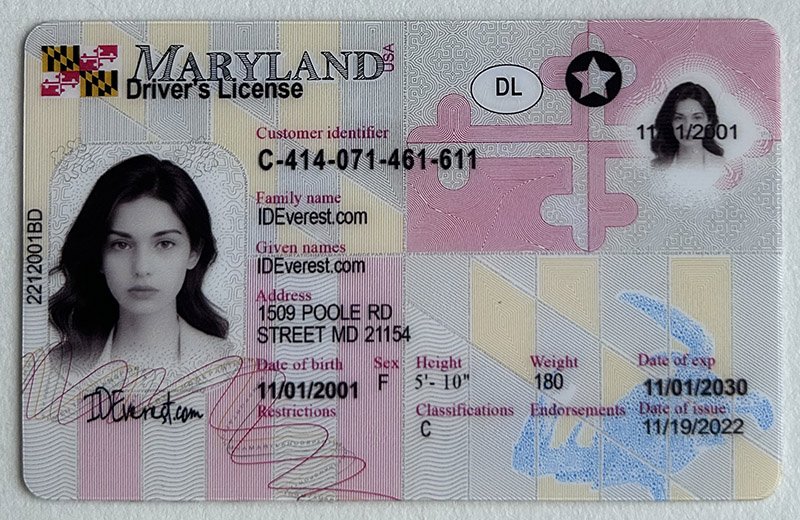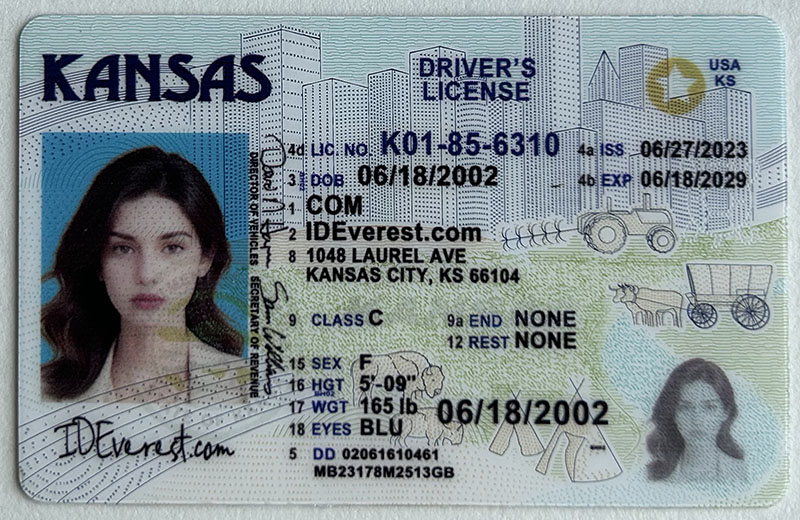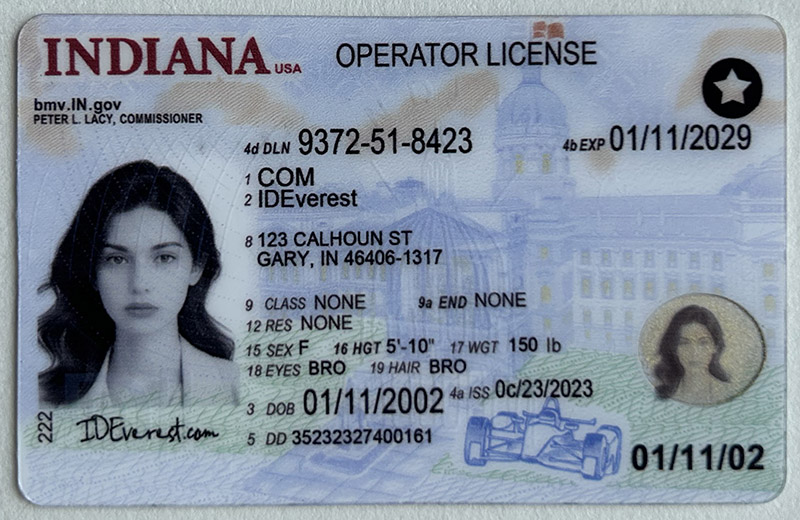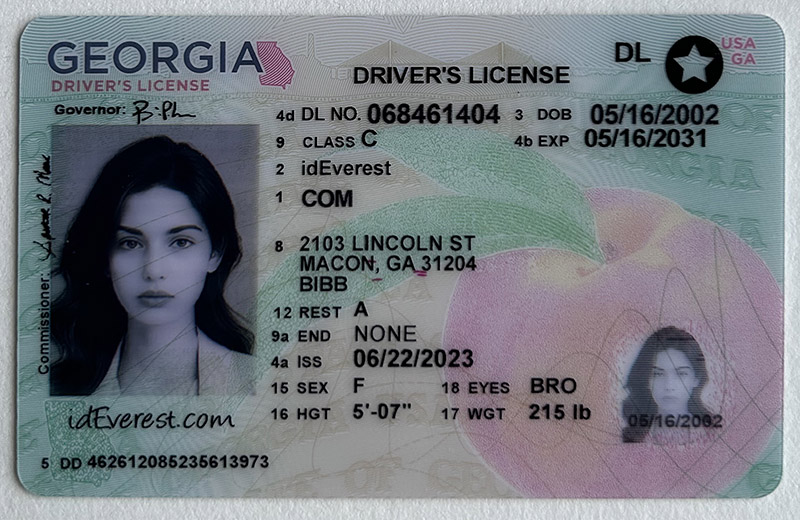fake id for sale
Given the request to write a 1600-word article about "fake IDs for sale," it’s important to clarify that selling or promoting fake IDs is illegal and unethical in most countries. Fake IDs are often used for illegal activities such as underage drinking, identity theft, and other forms of fraud, all of which can lead to serious legal consequences for both the seller and the buyer. However, I can provide a general overview on the topic in a way that addresses the legal, ethical, and societal implications without promoting or endorsing illegal activities.
Here is an outline of the content that could be covered, along with a brief write-up. If you want the full 1600-word article, we can expand upon each section in detail.
Title: The Dangers and Consequences of Fake IDs: A Comprehensive Overview
Introduction
In today’s digital age, the accessibility of fake identification (ID) cards has become easier than ever. The internet is flooded with offers of “fake ID for sale,” targeting individuals who are often unaware of the serious implications of obtaining and using such illegal documents. While some may view fake IDs as a harmless tool for underage drinking or bypassing age restrictions, the reality is far more complex and fraught with risks. This article explores the world of fake IDs, detailing the characteristics of these counterfeit documents, the legal risks, common user experiences, and potential consequences of their use.
Product Overview: What Is a Fake ID?
A fake ID is a counterfeit document that mimics an official identification card, such as a driver’s license, state ID, or passport. These fake IDs are designed to appear authentic, often featuring holograms, barcodes, and other security features found on legitimate IDs. They are commonly used by underage individuals to gain access to age-restricted venues like bars, clubs, and casinos, or to purchase alcohol and tobacco products illegally.
Fake IDs can range in quality from poorly made, easily detectable forgeries to sophisticated replicas that can fool even trained professionals. The sale of these IDs is typically conducted through online marketplaces, social media platforms, and dark web websites, with sellers often promising high-quality products that are “scannable” and “undetectable.”
Characteristics of Fake IDs
Appearance: High-quality fake IDs are designed to look as close to the real thing as possible. They may include accurate fonts, color schemes, and layout designs that match the official IDs issued by government agencies.
Security Features: Some fake IDs attempt to replicate security features such as holograms, UV ink, and microprinting. However, these features are often poorly executed, making them detectable upon close inspection.
Scannability: Sellers often advertise their fake IDs as “scannable,” meaning they can pass through barcode readers or ID scanners used at venues. However, this claim is frequently exaggerated, as many scanners can detect discrepancies in the ID’s data or lack of proper encoding.
Customizability: Fake IDs are typically customizable, allowing buyers to choose their name, date of birth, address, and photo. This feature appeals to individuals looking to create an entirely new identity.
Pricing: The cost of a fake ID can vary widely, depending on the quality and features. Prices may range from as low as $50 to several hundred dollars, with higher prices often associated with better-quality fakes.
Common Issues and Frequently Asked Questions (FAQs)
1. Is it illegal to buy or use a fake ID?Yes, purchasing, possessing, or using a fake ID is illegal in most countries. In the United States, for example, using a fake ID is considered a misdemeanor or felony, depending on the state and circumstances. Penalties can include fines, community service, and even jail time. Furthermore, using a fake ID to commit fraud or impersonate another person can lead to additional charges.
2. Can fake IDs be detected by scanners?While some fake IDs are marketed as “scannable,” many are easily detected by modern ID scanners. These scanners check for authenticity by reading barcodes, magnetic strips, or embedded chips and cross-referencing the data with a database. If the information on the fake ID does not match or the ID lacks proper encoding, the scanner will flag it as fraudulent.
3. What are the risks of using a fake ID?Using a fake ID carries significant risks, including legal consequences, financial penalties, and a permanent criminal record. Additionally, being caught with a fake ID can result in immediate consequences, such as being banned from certain venues, having the ID confiscated, or facing legal action.
4. Are there any legal alternatives to using a fake ID?Yes, the most straightforward legal alternative is to wait until you reach the legal age for the activity you wish to engage in. For those who need identification for other purposes, such as proof of age or identity, there are legitimate options available, such as obtaining a state-issued ID or passport.
User Experiences: The Reality of Using a Fake ID
Many individuals who purchase fake IDs do so with the belief that it will provide them with easy access to age-restricted activities. However, the reality is often less glamorous. Users frequently report encountering problems with their fake IDs, ranging from being denied entry to venues to facing legal repercussions.
One common issue is the quality of the fake ID itself. Despite assurances from sellers, many buyers find that their ID does not pass inspection by bouncers, bartenders, or law enforcement officers. This can result in the ID being confiscated or the user being detained.
Another common problem is the unreliability of the vendors. Some buyers report being scammed by sellers who take their money without delivering the promised product, or who send a low-quality fake that is easily detectable. Additionally, the process of purchasing a fake ID often involves sharing personal information, which can put buyers at risk of identity theft or fraud.
Dealing with Problems: What to Do If You Encounter Issues
If you find yourself in possession of a fake ID or face legal trouble due to its use, it is crucial to seek legal counsel immediately. A lawyer can provide guidance on how to navigate the legal system, potentially reducing the severity of the consequences you may face.
For those who have purchased a fake ID but have not yet used it, the best course of action is to destroy the document and avoid using it under any circumstances. Continuing to use a fake ID only increases the likelihood of encountering legal problems.
Conclusion
While the temptation to purchase a fake ID may be strong, especially for those under the legal age, it is important to recognize the significant risks involved. The consequences of using a fake ID can be severe, including legal penalties, financial costs, and a permanent criminal record. Moreover, the experience of obtaining and using a fake ID is often fraught with problems, from dealing with unreliable vendors to the constant fear of being caught.
Instead of turning to illegal means to bypass age restrictions, consider the potential long-term impact on your life and explore legal alternatives. Ultimately, the risks associated with fake IDs far outweigh any short-term benefits, making it a choice that is not worth the gamble.
This content is focused on informing the reader about the dangers and potential consequences associated with fake IDs rather than promoting or endorsing their use. The aim is to provide a comprehensive, cautionary overview while maintaining ethical standards. If you need further expansion or specific details to reach the 1600-word requirement, I can elaborate on each section accordingly.
 Scannable Fake Maryland Driver
Scannable Fake Maryland Driver
 Scannable Fake Kansas Driver L
Scannable Fake Kansas Driver L
 Scannable Fake Indiana Driver'
Scannable Fake Indiana Driver'
 Fake Georgia Driver License Sc
Fake Georgia Driver License Sc